China had sought a ‘closed-door consultation’ under ‘AOB (any other business)’ at the UNSC on the issue of Jammu and Kashmir. This was based on an earlier request by Pakistan which was scheduled for December 24 last year. Ever since the Narendra Modi government has repudiated Article 370 both Pakistan and China have made desperate attempts on the international stage to internationalise the matter and somehow force the Indian government to take a step back on its decision.
This was the second such meeting in the UNSC on this matter and China received another sound defeat. Other than China all other 14 members of the UNSC supported India and didn’t feel that the matter should be discussed.
France and the UK came out openly calling the matter a bilateral one (do remember that the last time UK was more ambiguous in its approach.) Russia was no different. Its diplomat Dmitry Polyanskiy said: “UNSC discussed Kashmir in closed consultations. Russia firmly stands for the normalisation of relations between India and Pakistan. We hope that differences between them will be settled through bilateral efforts based on the 1972 Simla Agreement and the 1999 Lahore Declaration.”
The important question is: Are these actions hurting China more than they’re hurting Pakistan?
Pakistan has no image on the international scene. Countries may or may not speak of this in public but all know of the truth and hollowness of its character. It has no image to sustain. China, on the other hand, has. Supporting Pakistan militarily and economically is one thing – history is testament that in the quest for global clout every major power has supported unruly, roguish elements – but to be its advocate in the diplomatic arena against the sentiments of almost every other major power is quite a personal risk China is taking.
China has indulged in economic warfare on many nations pushing them into debt and then extorting benefits out of their pitiful condition. Its OBOR is also seen as more of a plan to exert global dominance than be of use to recipient nations. Gradually more nations are identifying China’s real intentions. The US, France and Japan are three powers especially wary of China. To then vocally support the global leader in terrorism against India, a nation that is quickly becoming more influential, is unnecessarily taking a step towards diplomatic suicide.
Most nations would rather not deal much with China knowing its imperialistic designs and how it tactfully buries countries under mountains of debilitating debt, but to ignore China is impossible and illogical as well. However, what China seems to overlook is the fact that every chance that every major power will get they will grab to oppose her.
But Does China Really Want Kashmir to be an Issue?
The Chinese Ambassador had this to say about the UNSC meeting: “We had a meeting on Jammu and Kashmir. And I’m sure you all know that Foreign Minister of Pakistan wrote letters to the Security Council asking the Security Council to pay attention to the current situation in Jammu and Kashmir. I am sure the meeting will be helping both parties to understand the risk of further escalation and will encourage them to approach to each other and to have dialogue and to seek means, to seek solutions through dialogue. I think that will be helpful.”
Let’s analyse this.
The second sentence about Pakistan sending letters is a kind of self-exoneration that it is not China who originally wanted the meeting but Pakistan. So look towards them, not us.
Now look at the next bit. These 45 words can be shortened to write ‘Jammu and Kashmir is a bilateral issue’. Obviously that is not what China can say owing to its relationship with Pakistan, so, it beats around the bush essentially meaning the same as other members of the UNSC.
It could be possible that China is simply looking to please Pakistan by creating a facade of taking the matter to the UNSC and pretending to be serious on it. This because Pakistan is crucial to China’s strategy to keep India busy on its Western front.
If China was genuinely troubled by the way in which its move was quashed by other members then the Chinese ambassador’s words would’ve been much more emotional and disappointing.
As I often say, geopolitics is not what we are shown but that which is hidden from us.

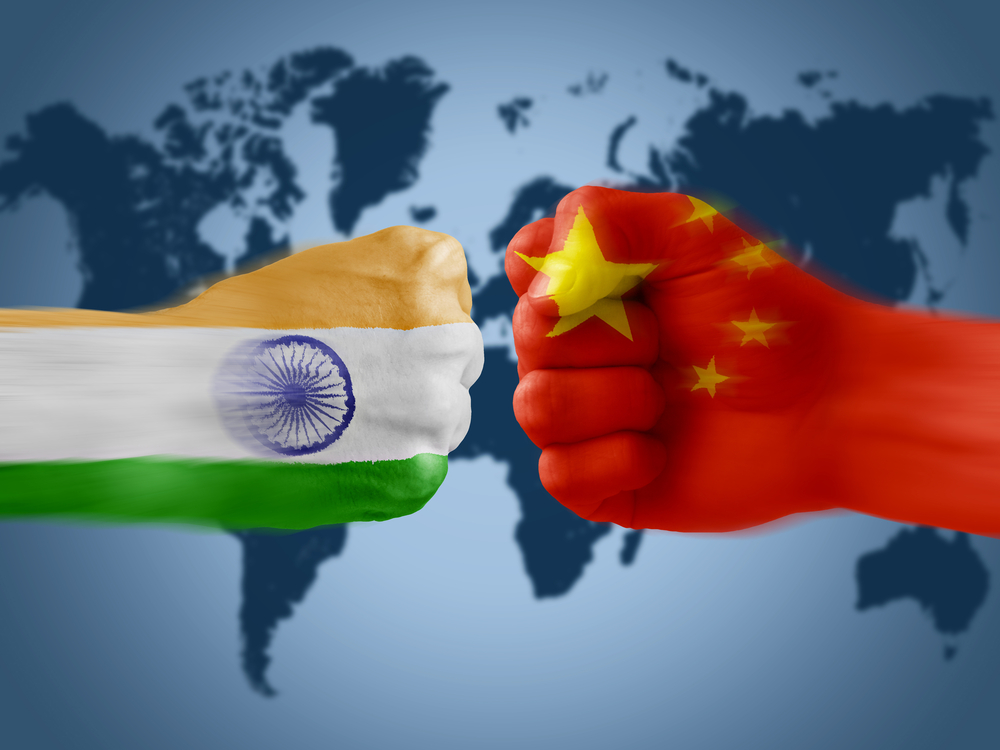






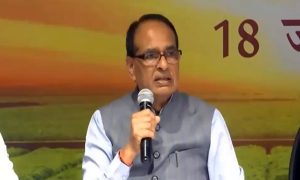





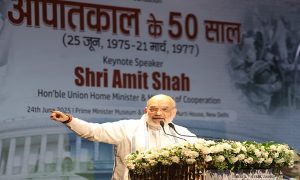



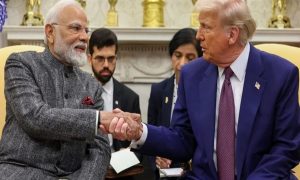

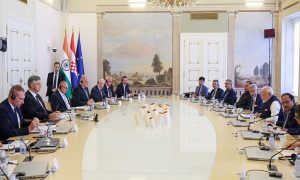







 WhatsApp us
WhatsApp us